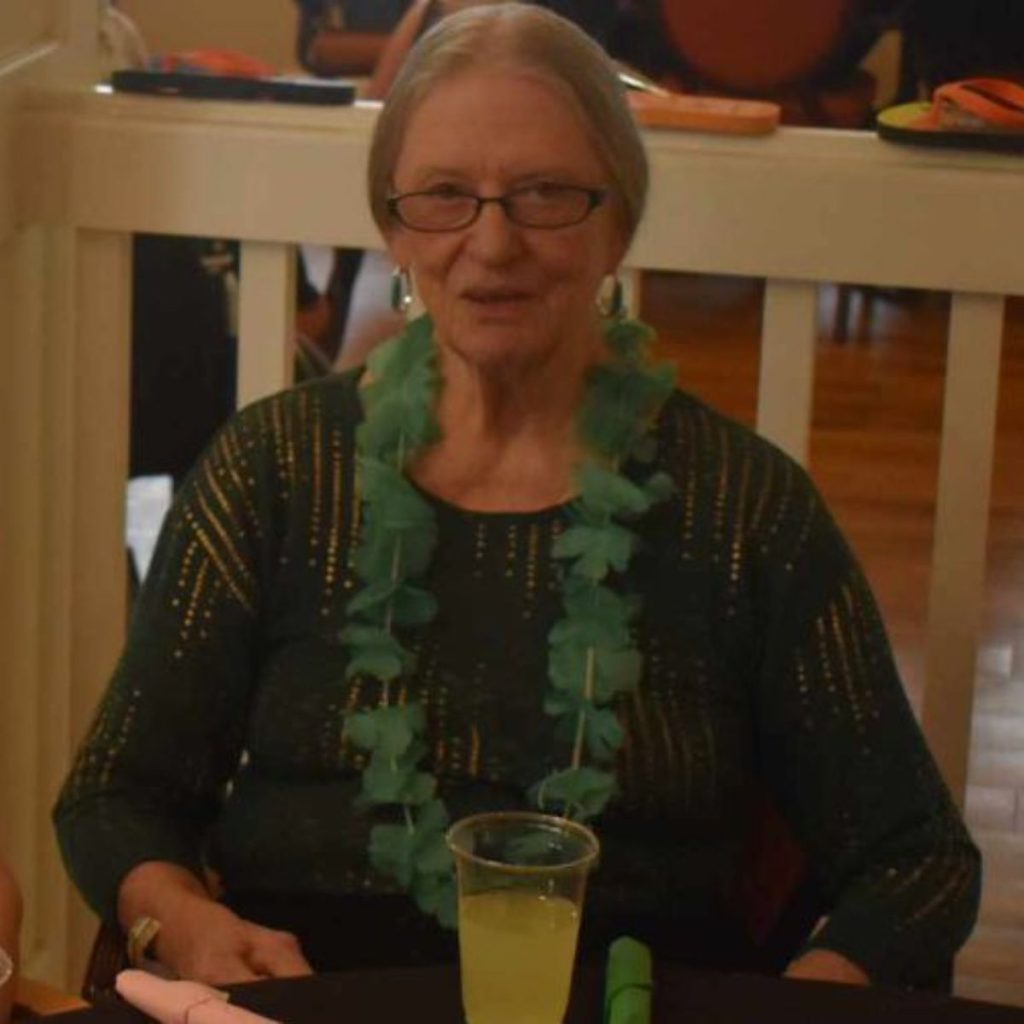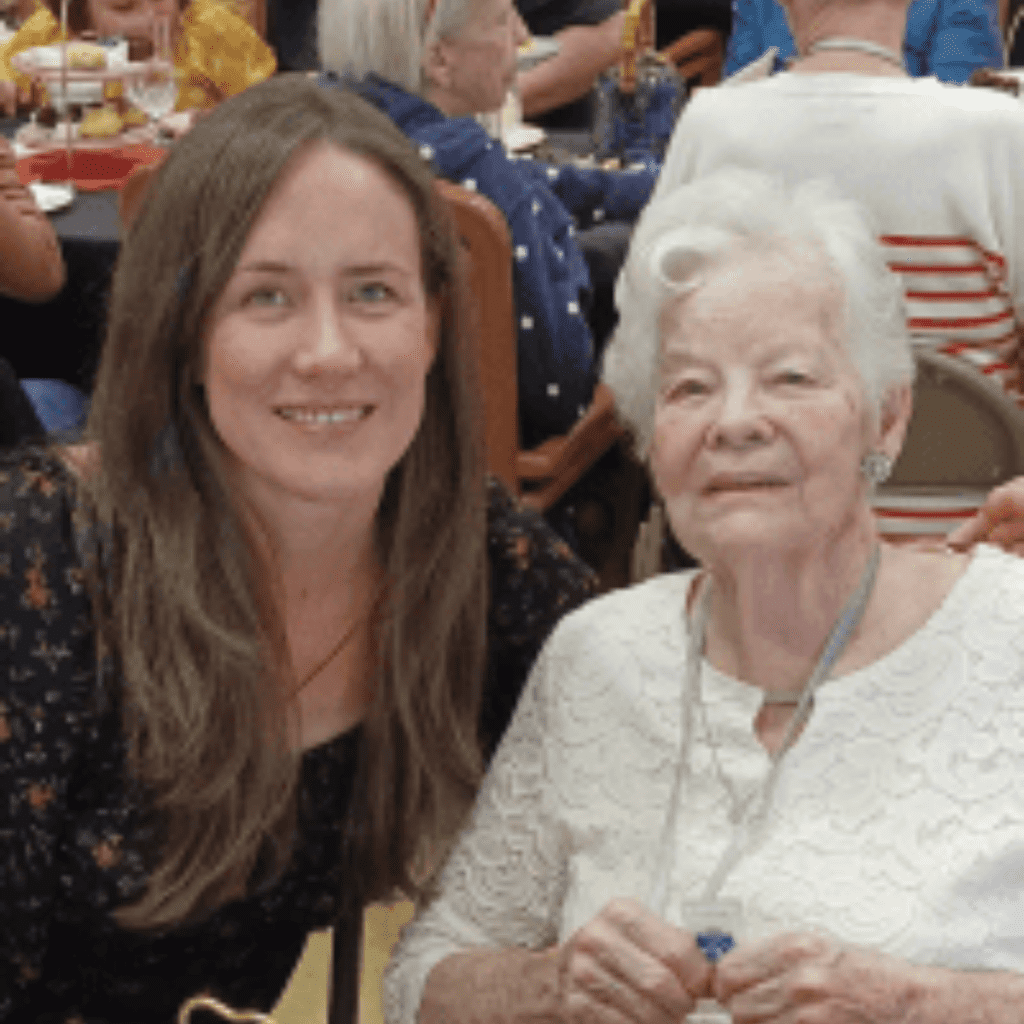From caregiver to family member, transitioning roles can deepen a relationship with your parent, offering rewards yet can be challenging. One of the most difficult decisions a child may face is placing a parent in assisted living. This transition often comes with feelings of guilt, as the child grapples with the idea of altering the parent-child relationship.
However, it’s important to understand that moving a parent to assisted living can actually help restore the family dynamic, leading to a more nurturing and fulfilling bond. In this article, we will explore the journey of a child’s guilt, the path towards a family-oriented relationship, and the numerous benefits that assisted living can offer.
The Journey of Caregiver Guilt
When a child makes the decision to move a parent into assisted living, guilt can often accompany the process. It’s essential to recognize that this guilt is a natural response, born out of love and concern for the well-being of the parent. Acknowledging these emotions allows the child to process them and move forward towards a healthier family dynamic.
 For children bearing the weight of this decision, self care becomes of immense importance for caregivers. Many times, children feel they have a duty to care for their aging parents and that there is no room for handling their own stressors and struggles.
For children bearing the weight of this decision, self care becomes of immense importance for caregivers. Many times, children feel they have a duty to care for their aging parents and that there is no room for handling their own stressors and struggles.
Beginning with identifying stressors and problem-solving ways to manage them is a great first step. Additionally, it should be noted that there is extreme courage and strength in setting boundaries with your loved ones and asking for help. Being sure to adhere to the necessary tasks of getting ample sleep and rest, regular exercise, scheduling social time, medical appointments and more will help create a sense of self-care amidst the emotions of guilt and stress.
Rediscovering the Family Bond and the Parent-Child Relationship
Contrary to popular belief, transitioning a parent to assisted living can actually strengthen the family bond. Assisted living communities offer a supportive environment that caters to the unique needs of older adults, providing them with the care, companionship, and social engagement they require. By entrusting their parents to the care of professionals, children can regain their roles as sons and daughters, focusing on quality time and nurturing the connection within the family caregiver relationship with parents.
 The time will come where continuing to care for your loved one is no longer feasible or safe, or is adding too much stress to one’s plate. When your parent needs more assistance with activities of daily living then you are able to provide, there is no shame in passing the torch to trained professionals in assisted living communities so that you can ensure your parent is receiving the most holistic means of care they deserve.
The time will come where continuing to care for your loved one is no longer feasible or safe, or is adding too much stress to one’s plate. When your parent needs more assistance with activities of daily living then you are able to provide, there is no shame in passing the torch to trained professionals in assisted living communities so that you can ensure your parent is receiving the most holistic means of care they deserve.
Emphasizing the Benefits of Assisted Living
Assisted living communities provide an array of benefits that can enhance the well-being of both the parent and child. At Cappella Pueblo West, the community prioritizes the physical, emotional, and social wellbeing of all residents, with a culture that believes in having rich social, intellectual, and spiritual lives. It is the hope that with such comprehensive focus on each individual and on multiple facets of life, their children and caregivers will experience relief in knowing their parents are cared for and supported.
Some key advantages of assisted living at Cappella of Pueblo West are:
- Professional Care: Assisted living communities employ trained caregivers who are equipped to meet the physical, emotional, and medical needs of older adults, ensuring their safety and well-being.
- Social Opportunities: Assisted living communities foster a vibrant social environment, offering various activities, events, and outings. This encourages seniors to connect with peers, form new friendships, and participate in shared interests, reducing feelings of isolation and loneliness.
- Respite for Caregivers: Assisted living provides respite for family caregivers who may have been overwhelmed by the demands of caregiving. This allows them to recharge, focus on self-care, and maintain a healthier work-life balance.
- Enhanced Quality of Life: Assisted living communities prioritize the overall quality of life for their residents. They offer amenities such as delicious meals, housekeeping services, transportation assistance, and personalized care plans tailored to individual needs.
 With a full calendar of social, intellectual, inspirational, and physical programs, residents of Cappella of Pueblo West have many opportunities to engage with others who share their interest. The award-winning community is dedicated to improving the quality of life of older adults and the Rhythms Life Enrichment Philosophy guides community life.
With a full calendar of social, intellectual, inspirational, and physical programs, residents of Cappella of Pueblo West have many opportunities to engage with others who share their interest. The award-winning community is dedicated to improving the quality of life of older adults and the Rhythms Life Enrichment Philosophy guides community life.
The family caregiver relationship with parents is one that can stir up many emotions during periods of transition. Placing a parent in assisted living is a decision that can initially trigger feelings of guilt in a child. However, by embracing this transition as an opportunity to restore the parent/child relationship, families can find solace in the numerous benefits that assisted living communities offer. Remember, seeking professional care is an act of love, ensuring they receive the support they need while allowing the family to focus on nurturing their bond.




